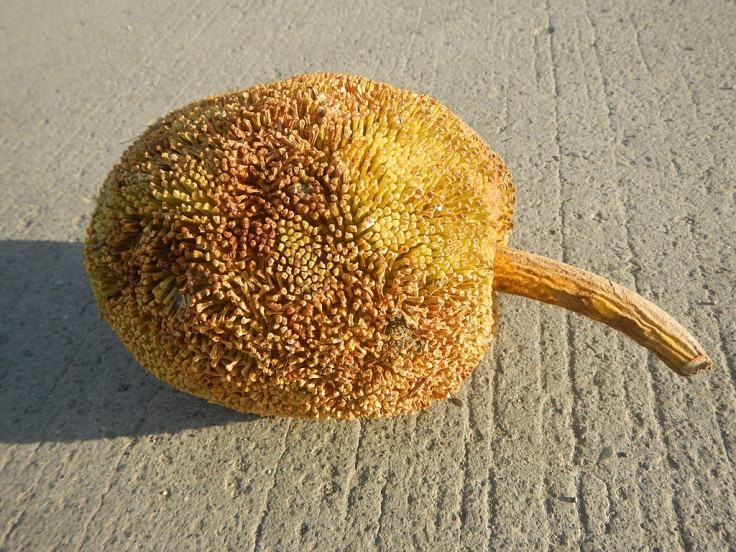2 Trees, Not 1: Study Confirms What Indigenous People Knew All Along
KEY POINTS
- Indigenous people had long considered two varieties of the A. odoratissimus tree
- Researchers confirmed that "they should be recognized as separate taxa"
- This highlights the importance of considering indigenous knowledge: Researchers
Scientists have now confirmed that a certain well-known tree in Southeast Asia is actually two species, not one. Indigenous people in Borneo, however, have known this all along.
The Artocarpus odoratissimus is a species of fruit-bearing tree that can be found in Borneo and the Philippines, noted Cell Press. It can grow up to 25 meters high and has sweet, "fleshy" fruits that have been described to be "superior" to jackfruit.
While the Western botanists have considered A. odoratissimus, which was described by a Spanish botanist about 200 years ago, as one species, indigenous people in Borneo have actually been recognizing two varieties of the tree.
Specifically, the Iban people of Sarawak consider the tree with the larger leaves and "large sweet fruits" as the "lumok" and the wild tree with smaller leaves and less-sweet fruits as the "pingan," noted the authors of the new study, published Monday in Current Biology. Similarly, the Dusun people of Sabah also recognize two species: the "timadang" that's equivalent to lumok, and the "tonggom-onggom" that's equivalent to pingan.
The researchers sequenced "DNA microsatellites" of lumok and pingan trees in Borneo, as well as those in herbarium specimens. Indeed, they found that the lumok and pingan are distinct from each other. In fact, while they are closely related, researchers said "they should be recognized as separate taxa."
According to the researchers, this shows the importance of considering "indigenous knowledge" and including it in the scientific process. The two clades may not be known had it not been for indigenous taxonomy. However, scientific endeavor "has usually not engaged with it on equal footing."
"Indigenous people are important stewards of biodiversity, often living near and possessing intimate knowledge of ecosystems. As a result, species new to science may be long known to indigenous people," researchers wrote. "Time is of the essence, because just as biodiversity is threatened by climate change, indigenous knowledge—itself protected under Article 8(j) of the Convention on Biological Diversity—is threatened by societal change."

© Copyright IBTimes 2024. All rights reserved.






















